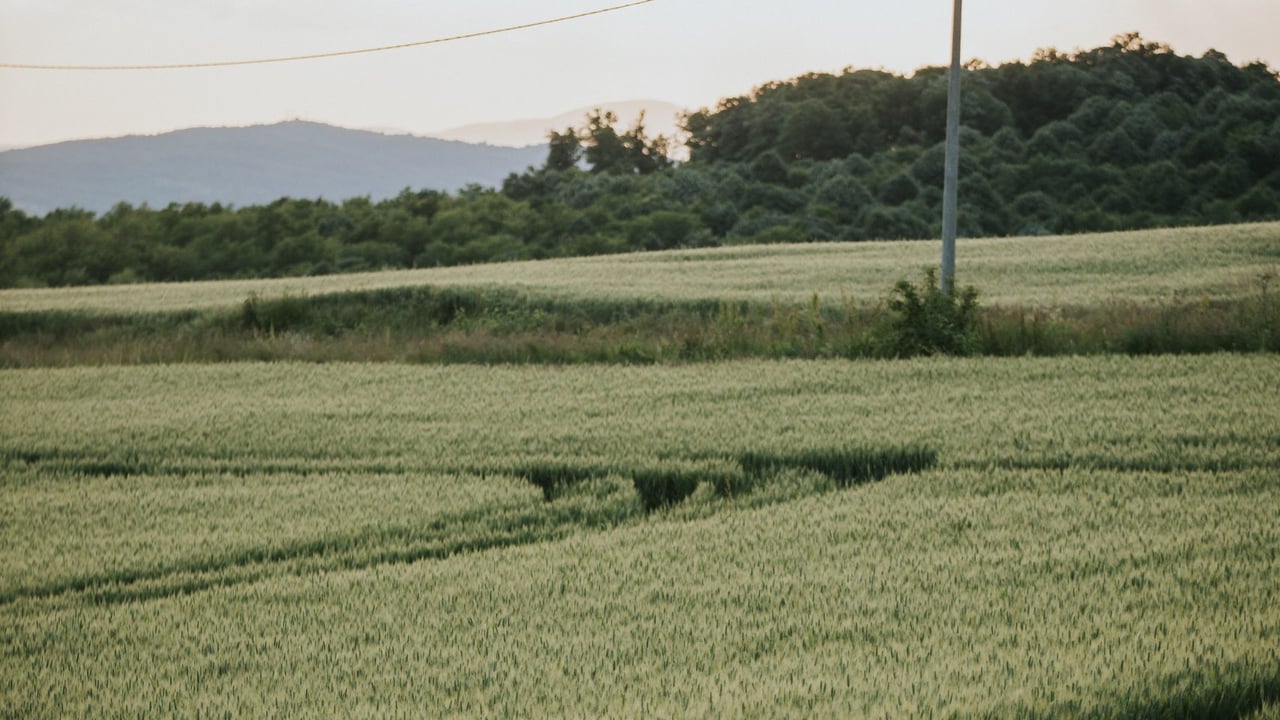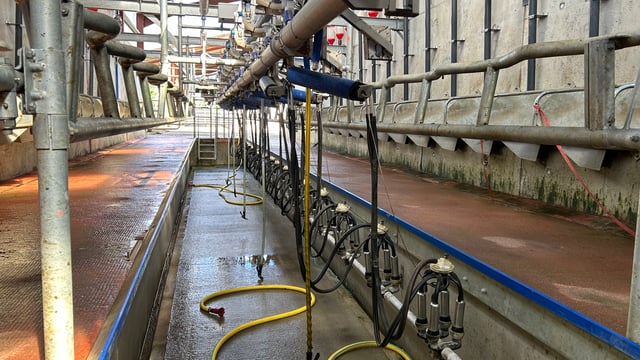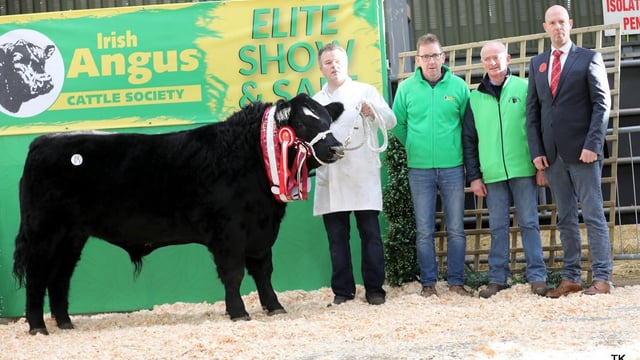Farmers need 'absolute clarity' on RZLT to plan for future - Boyhan
Farmers urgently need "absolute clarity" on the Residential Zoned Land Tax (RZLT) to plan for their futures, according to Senator Victor Boyhan.
"Farmers and growers want absolute clarity on the issue and some indication from government if they are considering changes to what constitutes active agricultural use, to exclude them from the land tax, and if these matters will be addressed in the forthcoming budget," Senator Boyhan told Agriland.
The senator believes the government should, with out delay, publish a "quantum of land subject to their RZLT regime".
According to Revenue, RZLT applies to land "that is included on an annually revised map published by a local authority and that is not a residential property".
"RZLT is a self-assessed annual tax, calculated at 3% of the market value of the land within the charge to the tax," it stated.
The government has consistently claimed that the tax will "encourage an increase in the supply of housing with the development of lands that have been serviced and zoned wholly or partly for residential use".
This assertion has been robustly rejected by farm organisations.
RZLT
Senator Boyhan has warned that the element of self-assessment is important for farmers to be aware of because if they failure to meet their RZLT obligations this could result in Revenue withholding their Tax Clearance Certificate.
"Interest at the rate of 8% per year will accrue on unpaid RZLT.
"Surcharges will arise for any undervaluation of the relevant site in the return to Revenue, or where the return is filed late, so naturally farmers and relevant landowners want to be on the right side of Revenue.
"Any unpaid RZLT is, and will, remain a charge on the land," he added.
Senator Boyhan believes that the agricultural vote will play an important role in the upcoming presidential election and that RZLT could become a key issue as politicians canvass rural communities.
"I am calling for more information about the quantum of lands involved, county by county, and all of the data and the full facts as to the RZLT.
"This includes expected income based on initial land quantum and returns - and the financial implications of RZLT for state bodies and agencies as well as the 31 local councils across the country," he said.





